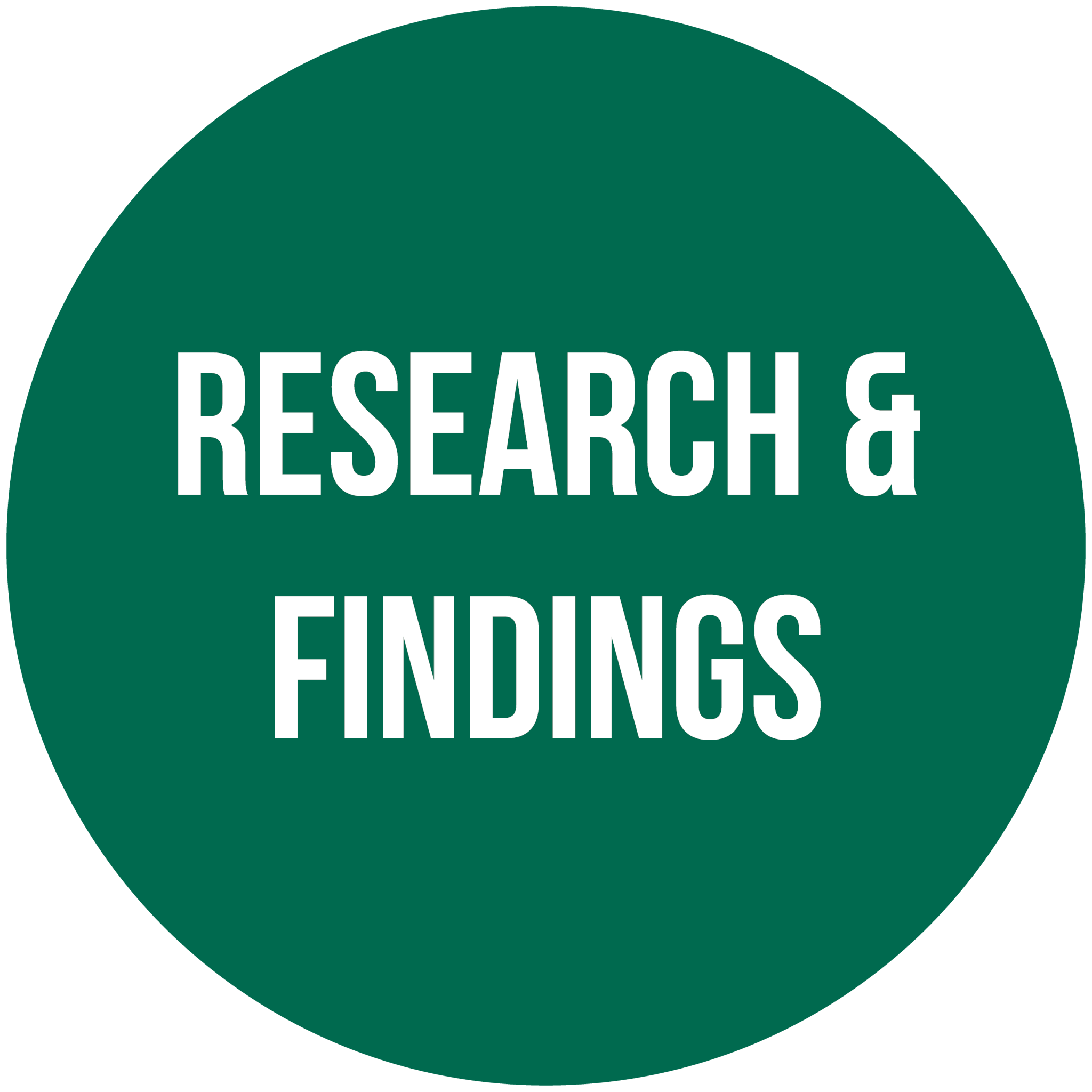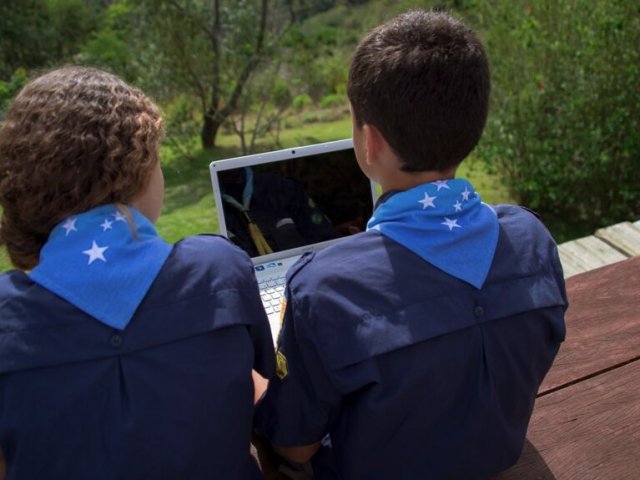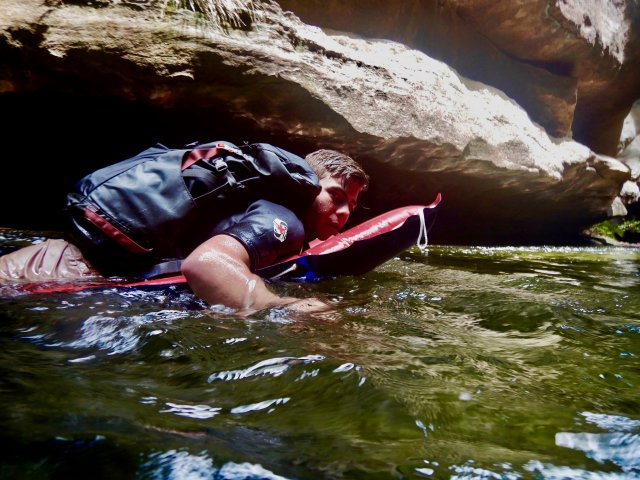Youth Program Review
Research & Findings
![]()
Since 2013, the Youth Program Review have produced a number of reports that document the journey, findings and research.
Stage 1 – The Defining Questions
All along, we’ve been asking the questions that don’t often get asked. The questions that generate conversation, challenge our ideas, our traditions and our beliefs. When the YPR started in 2013, we asked our selves, and the Scouting community, the following questions, and set out to find the answers:
- What are the burning issues that the members of Scouts Australia must be covered in the YPR?
- Why do young people leave Scouting?
- Describe our target market.
- In twenty-first century Australia, what should be the Mission, Aim, Principles and Methods of Scouts Australia?
- What Promise and Law should the members of Scouting live by in 2020?
We thank the Brownsea Island Patrol of the National Youth Council, for helping to gather feedback from Scouting members all over Australia to establish the “burning issues” within our organisation that should be looked at by the YPR.
Stage 2 – Scouting Today & The Needs of Our Community
From November 2013 to June 2014, we were considering the following questions, using the expertise and knowledge of external suppliers McCrindle, BDRC Jones Donald and former Scout and researcher Kellie Loveless.
- What are the strengths and weaknesses of National Scout Organisations with a similar society?
- What does the Australian community think of Scouting and where do they think we should be heading?
- A snapshot of Australian youth, their desires, needs and predictions for the future.
- What are the strengths and weaknesses of other successful youth organisations and activities?
McCrindle
To assist us with understanding our communities and society, we partnered with market research company McCrindle in 2014. This research, made up of 3 phases, paints a picture of Australian society today, the world in which our current and potential members live.
McCrindle Phase 1
This phase analysed a series of focus groups of current and previous Scouting members and their families. This snapshot was developed to be a foundation for future research.
McCrindle Phase 2
“Understanding the needs and desires of Australian Families for a national youth program”– This phase contains a comparative analysis of surveys of Scouting parents & non-Scouting parents Australia-wide. These surveys included one of over 1,000 non-Scouting parents and one of over 1,800 Scouting parents – you may well know someone who took part!
McCrindle Phase 3
“Understanding the factors shaping the world of Generation Alpha and Generation Z”– This phase presents a scoping study providing a glimpse into the future of Generations Z & Alpha, identifying strengths and weaknesses of, plus possible opportunities and threats for Scouts Australia.
BDRC Jones Donald Research
Market research company, BDRC Jones Donald, partnered with Scouts Australia for the YPR in 2014. This research gathered qualitative information to explore why our retention is poor even amongst our strongest groups, specifically among young adolescents. The company ran a number of focus groups with former Scouts and their parents.
Developmental Stages Research
To help us gain an understanding of the developmental needs of young people in Australia today, researcher and former Scout Kellie Loveless gathered information from a range of different secondary sources. Her findings are explored and summarised in two comprehensive reports.
Stage 3 – Creating One Program
This stage of the review started with the “Big Picture” fundamental requirements of a successful youth program.
In June 2014, eight intergenerational teams were formed to understand these requirements. Team leaders and team mentors came together to meet each other, the YPR Coordinating Team, the National Youth Program Team, and to learn from the experiences of Scouts Canada and Scouting Ireland.
This was the beginning of eight months of hard work, meetings, surveys, research, investigations, forums and visits to events. There was:
- 19440 hours of work
- 7000+ people surveyed
- 5000+ pages of literature read
- 756 pages of reports written
- 70 focus groups
- 61 team members
- 40 meetings
- 30 surveys
- 5 major events
- 8 teams
The report “Leadership For All” (published 12 May 2015) looks at the role that Scouting can play in leadership development of our youth members. It considers the place of “leadership courses” as well as the idea that leadership development should be integral in the way the program is delivered, in a developmentally appropriate way.
The report “An Adventurous Program” (published 12 May 2015) looks at the concept of adventure in the program. It examines the idea that having an adventure in Scouting is an important part of personal growth, how adventure might be defined, and where Adventurous Activities fits into this model.
The report “Areas of Personal Growth”(published 21 May 2015) considers the Areas of Personal Growth for our youth members. It validates the relevance of Social, Physical, Intellectual, Emotional and Spiritual Development towards the overarching aim of Character Development. The merits of involving youth better in understanding this concept is explored.
The report “The Scout Method” (published 21 May 2015) explores “how” we do Scouting. It is identified that the understanding of the Method in Australian Scouting is limited and inconsistent. This report proposes eight newly defined Method elements, and a visual representation for both adults and youth.
The paper “Discussion on a Progressive Award Scheme” (published 25 June 2015) provides an initial exploration into this part of the program. The paper’s initial findings present a need for further exploration into the topic, particularly the need to consider the role and aims of a progressive scheme in the future program. Is an award scheme something every youth member should complete, or something for those who want a bit extra?
The paper “Age Sections” (published 05 August 2015) provides an outline of the different stages of youth and adolescent development and how the Scouting section model fits around these identified milestones. The initial discussion paper provided the basis for continuation of work through 2015. The final paper presents three distinct models for feedback, each identified with pros and cons from Australian and World Scouting perspectives. What should Australia’s Scouting sections look like within the framework of a ‘developmental’ program?
The report “The Fundamentals” (published 01 September 2015) provides key insights and findings into our approach and wording to fundamental aspects of the Scouting program in Australia. This exploration of the Purpose, Principle, Mission, Aim, Method, and Promise & Law considers the underlying meanings behind these aspects of Scouting, and provides new approaches for a contemporary Australian context.
The report “Duty to God and Spiritual Development” (published 01 September 2015) looks closely at these two aspects of the Scouts Australia program. Duty to God (Fundamentals) and Spiritual Development (one of the six Areas of Personal Growth) are aspects of the program identified as needing particular focus in the Review. This paper explores the relevance of these areas and proposes revised approaches to maintain their key place a 21st Century Scouting program.
Educational Proposal
Scouting is about education (World Scout Youth Program Policy, 2015).
Scouting’s educational approach is the Scout Method. But is this relevant to young Australians today?
The YPR developed an Educational Proposal for Scouts Australia which aims to explain to the Australian Community how the Scout Youth Program meets the developmental needs of young people in Australian Society, in accordance with the Purpose, Principles and Method of the Movement, and in line with the Mission of Scouting.
Version 1 of the Educational Proposal was released in May 2016, and a second edition was released in April 2018.
This document will continue to evolve with feedback and the development of a new Scout Program.
Educational Proposal Reports
Stage 4 – Designing Tomorrow
Starting with a week long camp in July 2015, five intergenerational teams workshopped, debated, and creatively imagined what a future youth program for Scouts Australia could look like. Their task was to:
- Answer how to implement the Areas of Personal Growth and Scout Method and the associated themes for the Age Sections
- Define the key Symbolic Framework or theme
- Illustrate the purpose of our core activities
- Generate a developmental leadership model that is in partnership with adult support
- Show how the program will be adventurous
- Explain how small groups function and the names of the groups
- Imagine key names and descriptions of how each section operates
- Outline the role of adults
- Devise a Personal Progression Scheme which meets the developmental abilities of youth and flows as one continuous learning journey from beginning to end – from ages 6 to 26.
Stage 4 Teams concluded working in March 2016. After thousands of volunteer hours, these teams collaboratively developed the New Program Concept. This dynamic document outlines answers to all the above questions was summarised into a presentation. Since then, their work has been presented and discussed at a range of Branch and National forums. These have included the National Youth Program Team meetings, the annual Program Conference in May 2015 and the National Operations and National Executive Committee meetings in June 2016.
From November 2016, to August 2017, Scouts from around Australia had the opportunity to review, discuss, consider, and provide their feedback on the New Program Concepts. Across the length and breadth of the nation, thousands of Scouts discussed and helped to shape the future of Scouting in Australia.
After feedback on the New Program Concepts closed in August 2017, the Youth Program Review teams worked to collate, understand and discuss the feedback received from Workshops, youth forums, online surveys and focus groups. Using the comments received from Scouting members, discussion with the community, expert researchers and demographers and National Committees, the New Program Concepts were further refined for trial with select Scout Groups – the Groundbreakers and Pioneers.
Take a few minutes to watch the videos which summaries the New Program Concepts, and download the New Program Concepts Handbook which elaborates in more detail.
Australian Scout Promise and Law
A review into the Australian Scout Promise and Law was instigated in 2013 after being identified as a ‘burning issue’ in the initial stages of the Youth Program Review. In this scoping stage of the review, many members provided feedback that the Australian Scout Promise and Law required revision and potentially updates to reflect modern language and understandings. Since then, investigation has incorporated many consultations, both within and external to the Scouting community.
The Youth Program Review consultations garnered more than 7,300 responses (noting that some people may have responded to more than one survey), and cover a wide range of demographic categories. The Scout Promise and Law are clearly areas where members passionately advocate for their opinions and beliefs, and this has been considered while compiling, analyzing and representing the data provided.
This report draws together all previous research into the Promise and Law in one document, providing commentary on the considerations and discussion points before drawing together final recommendations. More resources on the Australian Scout Promise and Law are available here.







